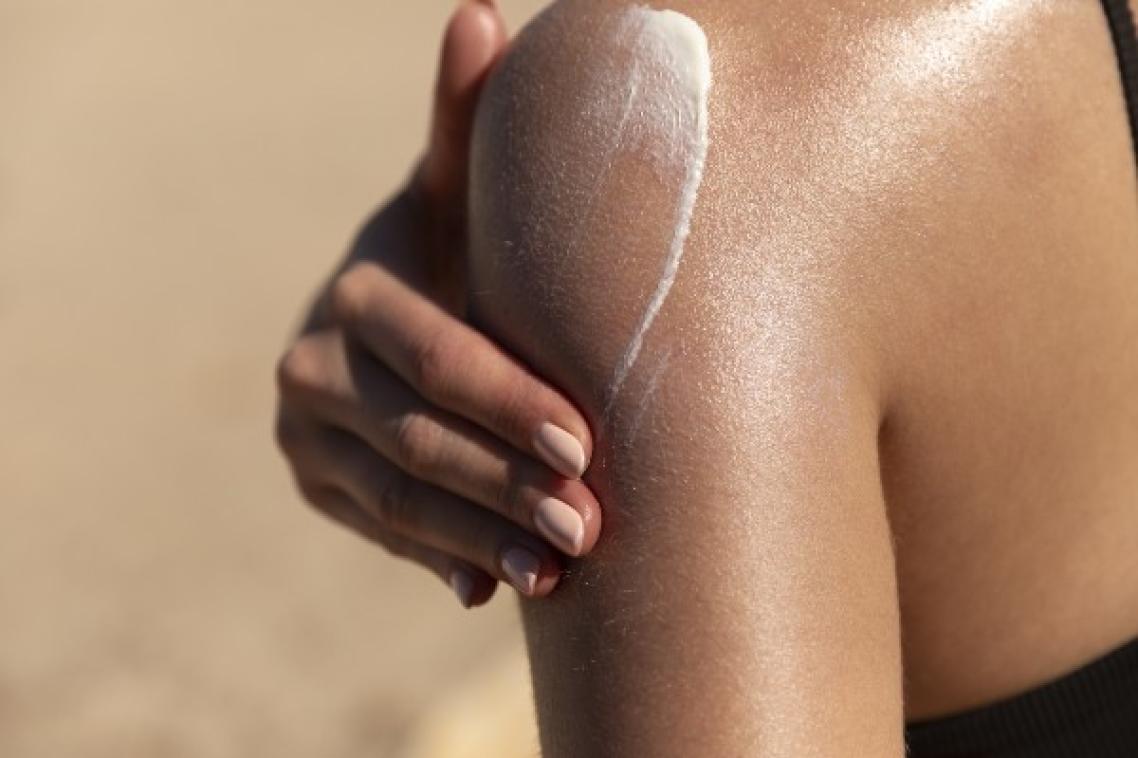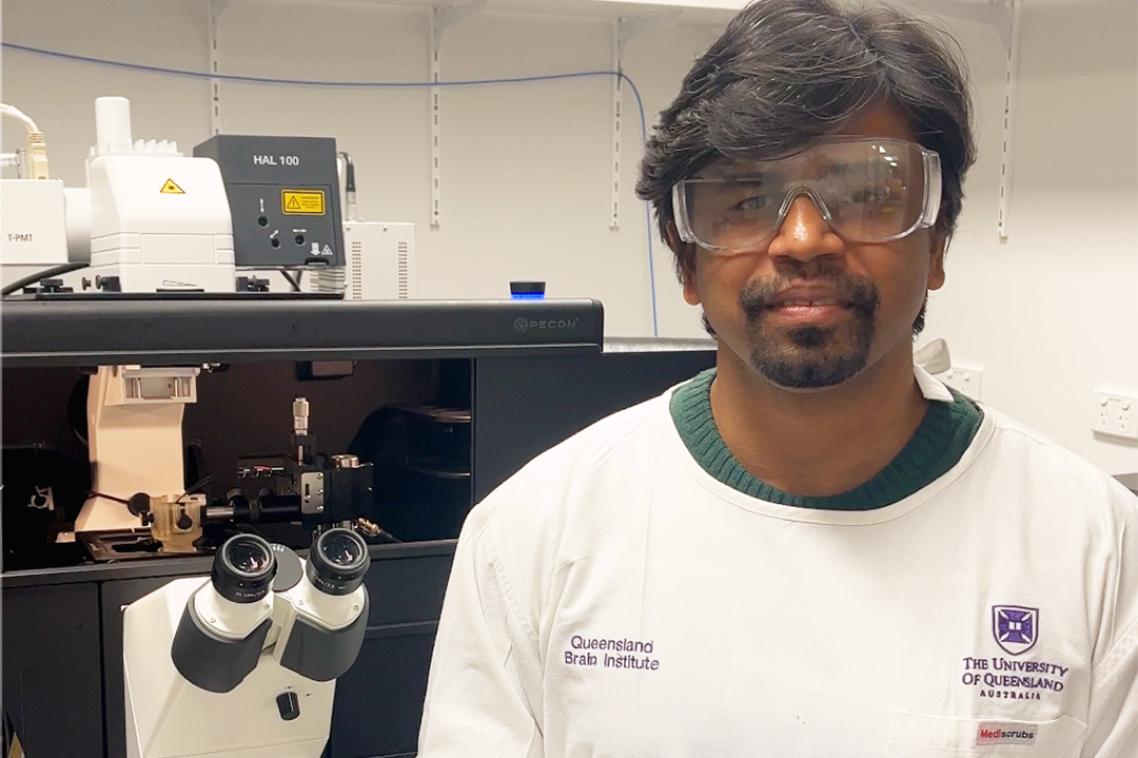Interactive text messaging reduces sunburn for those at risk

Regular and interactive text messaging has been shown to be an effective way to help young people avoid sunburn by changing their behaviour.
A team led by University of Queensland researcher Professor Monika Janda set out to establish the optimal text messaging intervention to achieve behaviour change in young adults at risk of skin cancer.
Professor Janda said they tested four variations of personalisation, interactivity and message frequency over a six-month period with participants providing regular feedback.
“Overall, the sunburn rates decreased from 40.3 per cent of participants at the start of the texting intervention to 7 per cent at the end,” Professor Janda said.
“Particularly revealing were the results one year after baseline where sunburn rates remained significantly below those at the start of the study, at 23.5 per cent.
“Previous studies have shown that text messaging works really well for various health conditions but it was never clear how often we had to send people those messages.
“We found interactive messaging where we asked people to respond worked the best.
“For example, we might say, ‘Dear John, have you used sunscreen today? Text back yes or no’.
“We also trialled sending three messages per week and seven messages per week, and we found that three was the most effective.”
The study included 400 men and women between the ages of 18 and 40 who lived in Queensland, owned a smartphone and had at least two skin cancer risk factors.
Professor Janda, who leads the Behavioural Science Unit at UQ’s Centre for Health Services Research, presented the study results to the Australian Cancer Council’s Skin Cancer Prevention Committee.
“We’ve also started work here at UQ on a website that will provide a similar interactive experience,” she said.
“About 1700 Australians die from melanoma each year and another 500 die from other kinds of skin cancers, so avoiding over-exposure to the sun is very important.”
The research is published in the American Journal of Preventive Medicine (DOI:10.1016/j.amepre.2021.03.024).
Media: Professor Monika Janda, m.janda@uq.edu.au, +61 7 3176 4569, +61 402 027 021; UQ Communication, med.media@uq.edu.au, +61 7 3365 5118.
Topics
Related articles

New ultrasound imaging to map drug delivery into the brain

Staying physically active cuts risk of early death by 40 per cent
Media contact
UQ Communications
communications@uq.edu.au
+61 429 056 139

